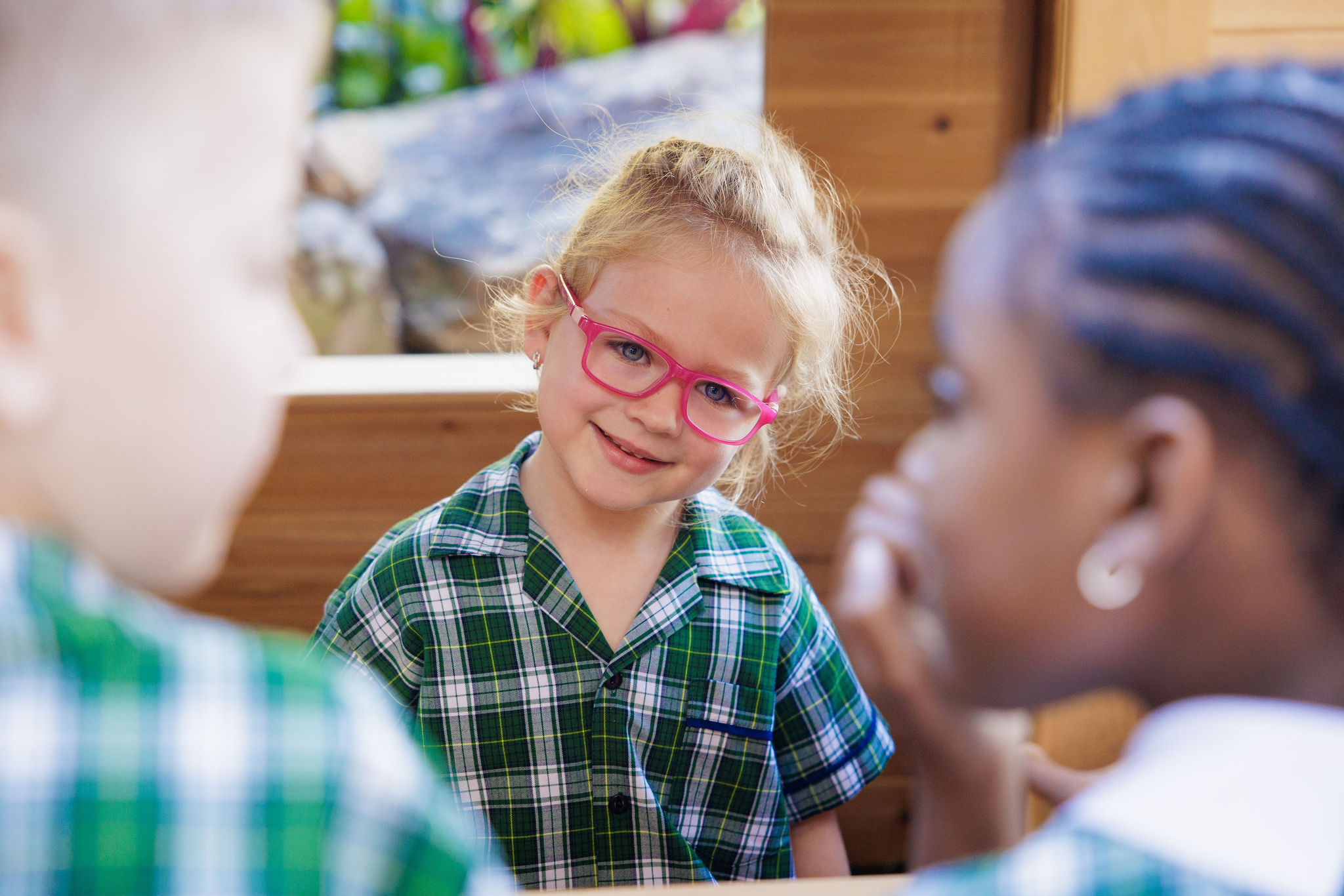Enable children to use their skills and understandings as capable learners; Enable children to have ownership of learning (locus of control/agency); Provide opportunities for choice, play-based learning; Provide opportunities for learning associated with the factors for success in schooling; these factors are identified as social and emotional competence, health and wellbeing, language;
Teachers advocate for the various types of play by providing opportunities for families and colleagues to dialogue and make connections between their priorities, understandings and values and the explicit learning that occurs when play is skilfully and deliberately scaffolded.
Principles of Early Years Learning
- Children are capable and confident and have been learning since birth.
- Children build deep understandings when they learn through all senses and are offered choice in their learning experiences.
- Children learn best through interactions, active exploration and experimentation, and by representing their learning through a variety of modes.
- Children's positive dispositions to learning, and to themselves as learners, are essential for success in school and beyond.
- Children learn best in environments where there are supportive relationships among all partners in the learning community.
- Early childhood programs are most effective when they recognise, value and build upon the cultural and social experiences of children.
- Building continuity of learning as children move to and through school provides foundations for their future success.
- Assessment for young children is an integral part of learning-teaching process and is not a separate activity.
Contexts for learning in the Early Years:
- Play
- Real life situations
- Investigations
- Routines and transitions
- Focussed learning and teaching
